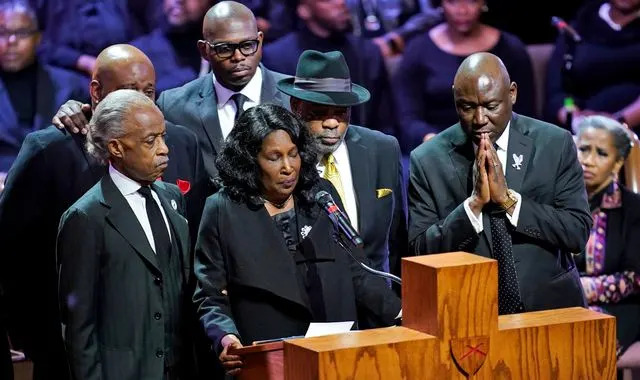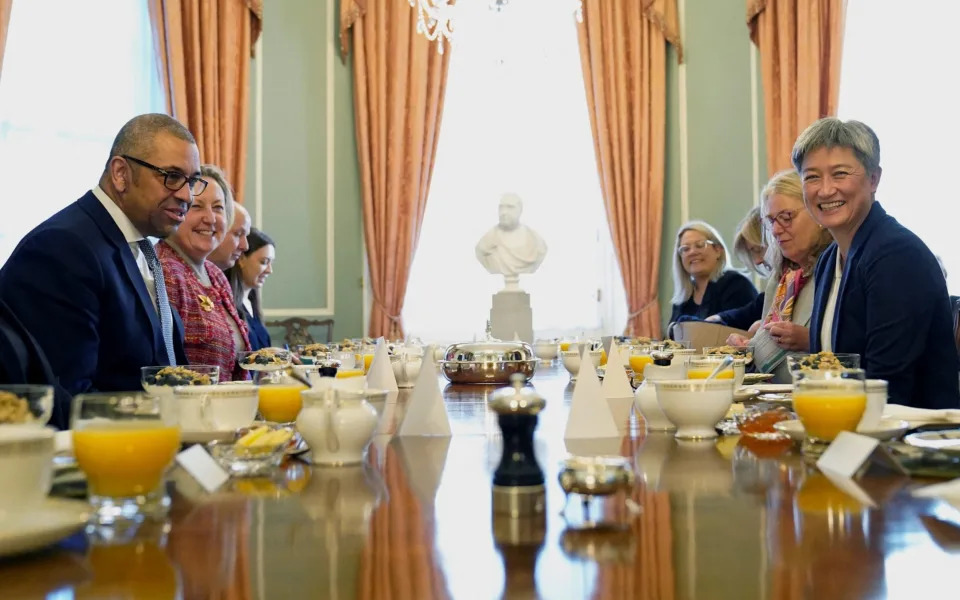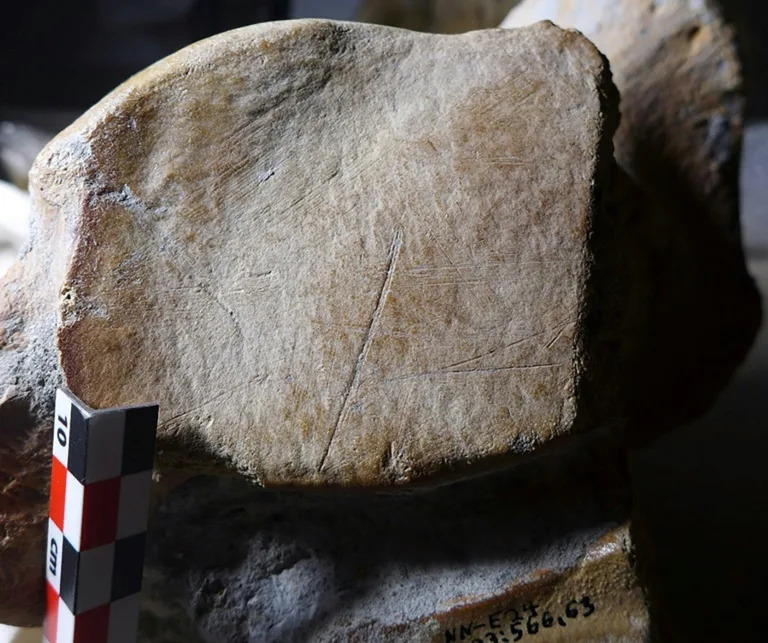Meredith Clark
Wed, 1 February 2023
A new study has shown that Black women may experience less obvious signs of depression.
While symptoms of depression can look different for everyone, a new study led by researchers at New York University Rory Meyers College of Nursing and Columbia University School of Nursing has suggested that depression symptoms among Black women may be overlooked or go untreated by doctors.
The study, which was published on 13 December, analysed depression symptoms among 227 Black women. The data was originally collected as part of the Intergenerational Impact of Psychological and Genetic Factors on Blood Pressure (InterGEN) study, which surveyed Black mothers and children in order to understand the genetic, psychological, and environmental factors that contribute to high blood pressure.
Researchers found that Black women with depression were more likely to report that they were experiencing physical symptoms – such as fatigue, insomnia, irritability, and decreased libido – as well as symptoms of self-criticism and self-blame.
Common symptoms of depression have been known to include low mood, loss of interest in activities, changes in appetite or sleep, and feelings of hopelessness or worthlessness. However, researchers noted that an overwhelming amount of studies on depression symptoms have been “predominantly conducted in white people,” which increases the chances that signs of depression may be missed among BIPOC people or other racial minority populations.
“Based on our findings, it’s possible that health care providers may miss depression symptoms in Black women, resulting in underdiagnosis and undertreatment,” said Dr Nicole Perez, postdoctoral associate at NYU Rory Meyers College of Nursing and the lead author of the study, in a release.
In fact, Black Americans – and Black women in general – are more likely to have feelings of sadness, hopelessness, and worthlessness than white Americans, according to the Centers for Disease Control and Prevention (CDC). However, only one in three Black adults who need mental health care actually receive it. This is possibly because of the many barriers people of colour face when it comes to receiving mental health treatment, such as proper health insurance, socioeconomic disparities, or negative attitudes and stigma towards mental illness.
To make matters worse, less than two per cent of American Psychological Association members are Black – according to Mental Health America – which can possibly lead to instances of implicit bias or even medical racism among doctors and patients.
“My hope is that these findings contribute to the growing dialogue of how depression can look different from person to person,” said Perez, “And raise awareness of the need for more research in historically understudied and minoritized populations, so that we can better identify symptoms and reduce missed care and health disparities.”






















